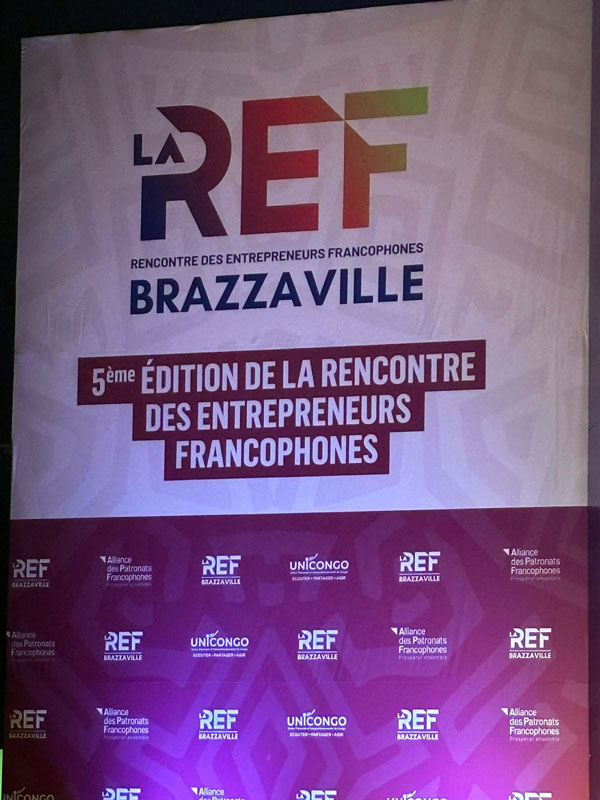Starting a Business: Why Simplification Alone Isn’t Enough (And What Entrepreneurs Really Need)
During an informal session at the REF Brazzaville 2025, several participants voiced a shared belief: entrepreneurial success requires not just a bold vision, but also a transparent environment and accessible human support.
1. Complex Procedures, Even in the Digital Age
Although official fees are supposedly fixed (300,000 for an LLC, 500,000 for a joint-stock company), the reality is far more complex.
Project owners often face multiple points of contact, vague delays, and sometimes no feedback at all.
“We should receive clear notifications of approval or rejection, just like we do for visa applications. That would be real progress.”
Digitization efforts are underway, but they remain partial and often poorly explained to first-time entrepreneurs.
2. Start Small, But Think Big
Jonathan’s story—who transitioned from sole proprietorship to LLC, then to SAS—shows the importance of scaling progressively.
It’s wiser to adapt your legal structure to your current means than to launch an overly complex company from day one.
Too often, entrepreneurs burn out trying to start companies that are structurally too large for their current stage, due to lack of advice or misunderstanding of legal and financial consequences.

3. Mentorship, Soft Skills, and Realistic Vision
Another consensus emerged: entrepreneurs need human support as much as legal or financial advice.
Young project leaders often lack:
- a clear understanding of key steps,
- an external view of their business model’s viability,
- and psychological support to manage uncertainty.
Hence the need for more masterclasses, workshops, and peer mentoring programs grounded in field experience.
4. What It Really Takes to Make a Difference
Concrete solutions were proposed, including:
- Creating a one-stop contact point for entrepreneurs’ questions and administrative processes
- Publishing a clear, practical guide to legal forms, timelines, costs, and relevant stakeholders
- Better involving private players (accountants, banks, incubators) in the support ecosystem
- Measuring the actual impact of simplification measures to adjust them over time
Conclusion
Simplifying procedures is one part of the solution. But to turn entrepreneurial energy into sustainable business success, we must go further: educate, guide, and structure.
At KPI CONSEIL, we believe a well-supported entrepreneur will always go further. And that support starts right at the beginning—with the business creation itself.

